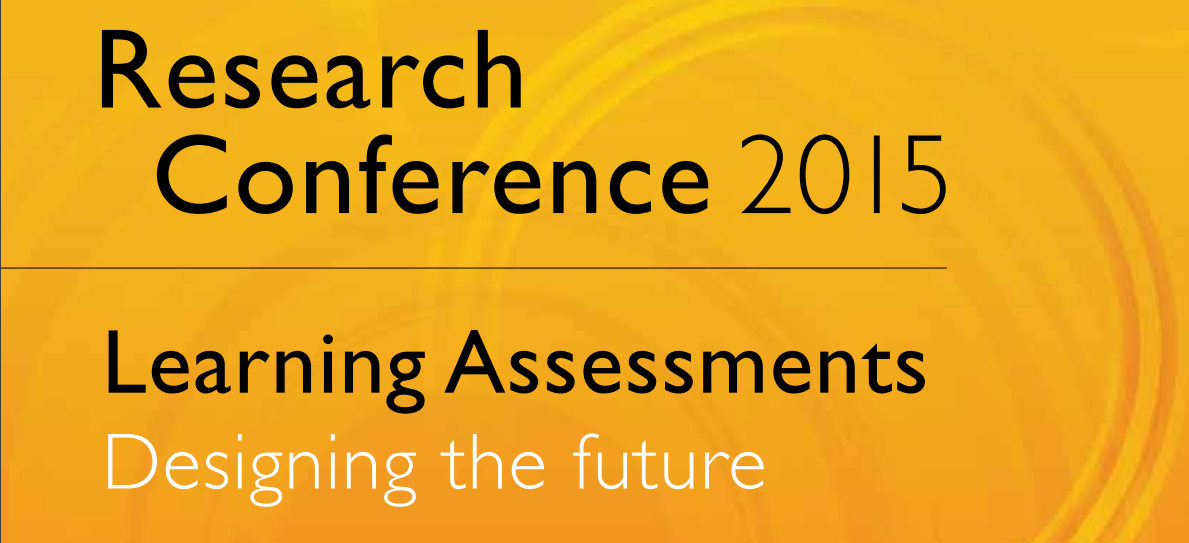
Sunday 16 August 2015
Start Date
16-8-2015 3:00 PM
End Date
16-8-2015 5:00 PM
Subjects
Computer games, Computer assisted teaching, Video games, Evaluation methods
Abstract
In this workshop, participants will learn how to create stealth assessments to measure student performance during interactions within computer-based learning environments, like digital games or intelligent tutoring systems. These measures are then used to estimate various competencies, including hard-to-measure constructs like creativity, persistence, problem-solving and systems thinking. First, we will explain how evidence-centred design can be used as a theoretical approach to designing such assessments. Next, we’ll illustrate how evidence-centred design was applied in the development of stealth assessment within a particular game (using the example of Plants vs. Zombies 2). Participants will have a chance to create their own evidence-centred design models (exploring competency, evidence and task), which can serve as an outline for an assessment related to any construct of interest. We’ll show how assessment of learning is implemented in the system using a particular method, Bayesian networks, or Bayes nets. Participants will learn how Bayes nets have been used to assess and support learning in different learning environments.
Recommended Citation
Shute, V., & Timms, M. (2015, August 16). Creating stealth assessments [Paper presentation]. Research Conference 2015 - Learning assessments: Designing the future. https://research.acer.edu.au/research_conference/RC2015/16august/2
Copyright Statement
Copyright Australian Council for Educational Research 2015
Place of Publication
Melbourne
Publisher
Australian Council for Educational Research (ACER)
ISBN
9781742862873
Creating stealth assessments
In this workshop, participants will learn how to create stealth assessments to measure student performance during interactions within computer-based learning environments, like digital games or intelligent tutoring systems. These measures are then used to estimate various competencies, including hard-to-measure constructs like creativity, persistence, problem-solving and systems thinking. First, we will explain how evidence-centred design can be used as a theoretical approach to designing such assessments. Next, we’ll illustrate how evidence-centred design was applied in the development of stealth assessment within a particular game (using the example of Plants vs. Zombies 2). Participants will have a chance to create their own evidence-centred design models (exploring competency, evidence and task), which can serve as an outline for an assessment related to any construct of interest. We’ll show how assessment of learning is implemented in the system using a particular method, Bayesian networks, or Bayes nets. Participants will learn how Bayes nets have been used to assess and support learning in different learning environments.

